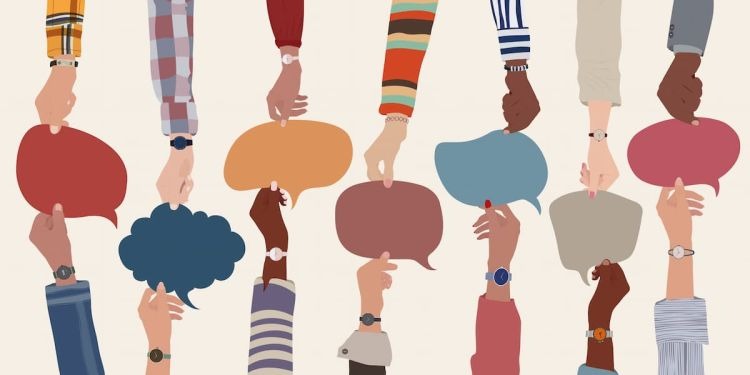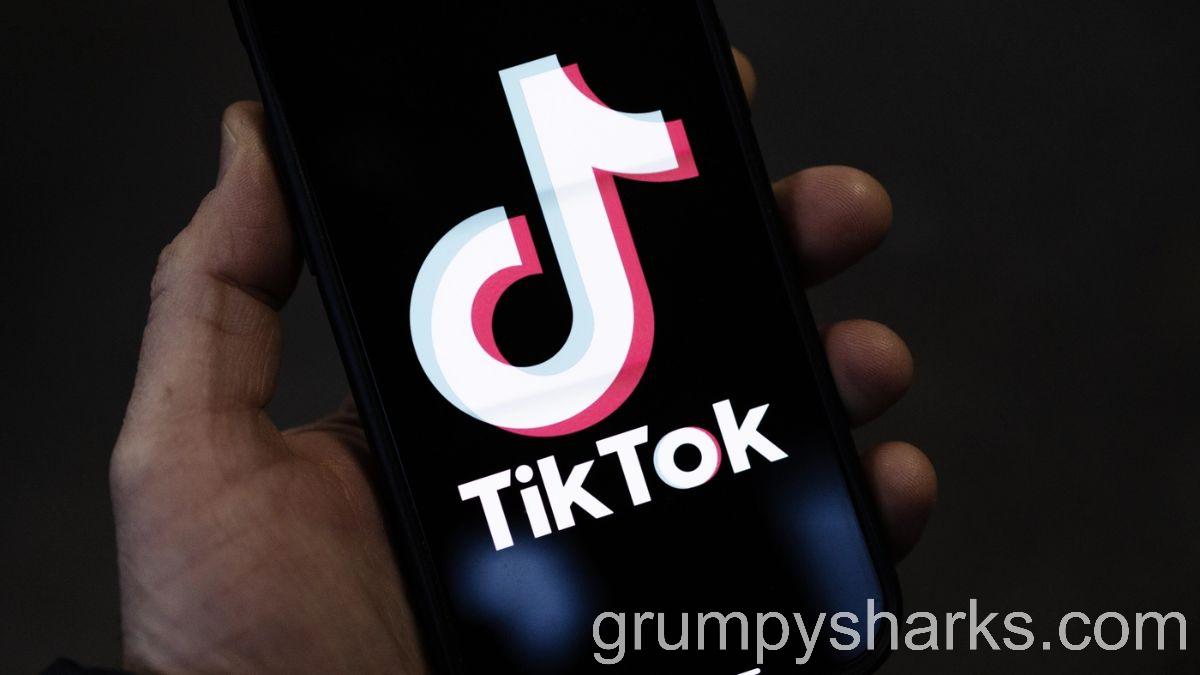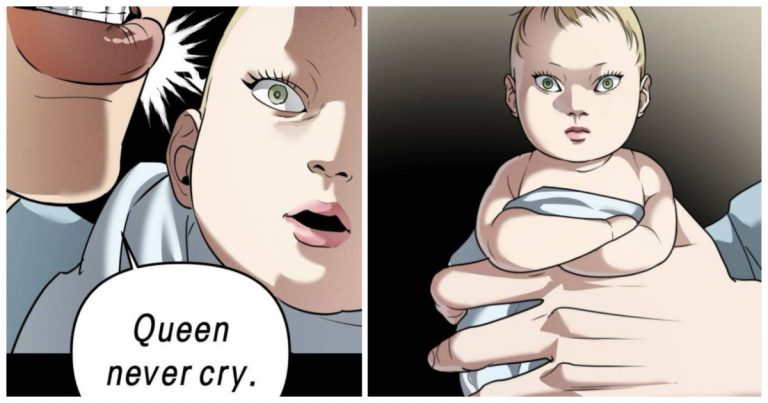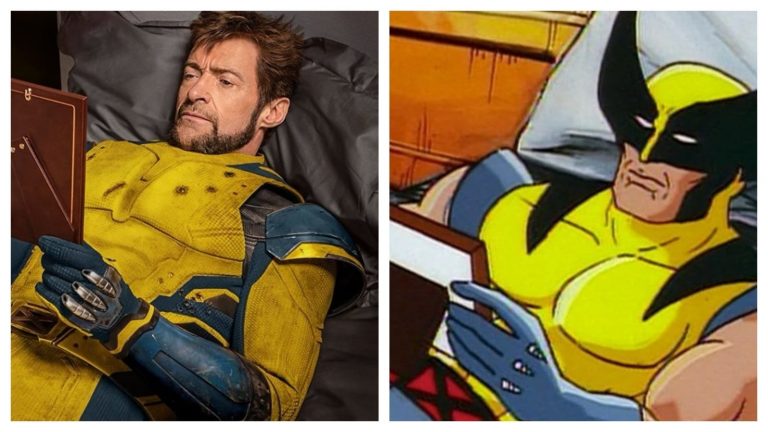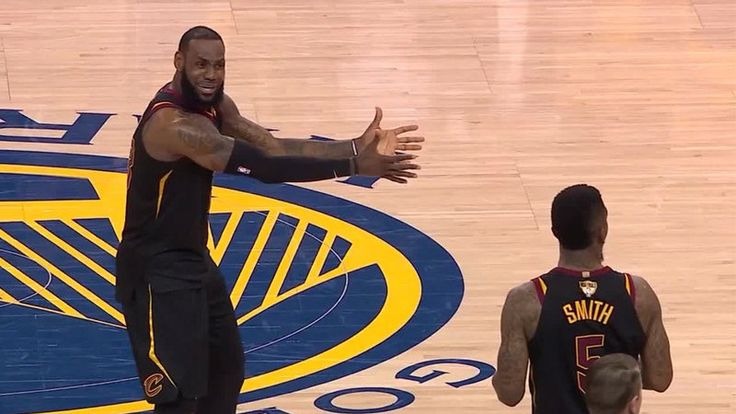Breaking Down The Humor Behind The Daquavious Pork Meme: Satire, Stereotypes & Social Commentary
The Daquavious Pork meme is a satirical offshoot of the John Pork meme, featuring a Black anthropomorphic pig character named Daquavious Pork, who gained popularity through TikTok trends like “Daquavious Pork Is Calling” and “Daquavious Pork Pay”.
The role of satire in the Daquavious Pork meme’s humor lies in its use of racial caricature, digital absurdism, and mock consumerism, all exaggerated to critique and entertain within the meme format.
The Daquavious Pork meme employs racial stereotypes, internet culture tropes, and consumer satire to deliver layered social commentary through humor and absurdity. These elements collectively critique media representation, digital behavior, and societal norms in a format designed for viral engagement.
What Is the Daquavious Pork Meme?
The Daquavious Pork meme is a humorous spin-off of the John Pork meme, showcasing a Black anthropomorphic pig character named Daquavious Pork. It surged in popularity on TikTok through viral trends such as “Daquavious Pork Is Calling” and “Daquavious Pork Pay.” This meme emerged as a parody of the original John Pork character, incorporating elements of humor and social commentary.
The meme originated on March 30, 2023, when TikTok user @reward0071 posted a video depicting Daquavious Pork calling the viewer, a twist on the “John Pork Is Calling” meme. The video garnered over 900,000 views and 35,000 likes within a year. Subsequent iterations included TikToker @domthetroll’s July 2024 videos, where he humorously asked cashiers if they accepted “Daquavious Pork Pay,” leading to viral attention with over 15 million views.
People engage with the Daquavious Pork meme for the following reasons:
-
Parody of John Pork: Daquavious Pork serves as a humorous reinterpretation of John Pork, reflecting internet culture’s penchant for remixing and diversifying existing memes. This aligns with studies from the University of Southern California’s Annenberg School for Communication and Journalism, which highlight how meme culture often recontextualizes characters to explore new narratives and social commentaries (2023).
-
“Daquavious Pork Is Calling” Trend: This trend plays on the absurdity of receiving a call from an anthropomorphic pig, tapping into the surreal humor popular on platforms like TikTok. Research from the University of Oxford’s Internet Institute (2024) indicates that such surreal and unexpected content often leads to higher engagement rates among younger audiences.
-
“Daquavious Pork Pay” Pranks: By introducing a fictional payment method, users create humorous situations that challenge social norms and expectations in public settings. The University of Chicago’s Department of Sociology (2022) found that public pranks and social experiments often serve as a means for individuals to navigate and negotiate social boundaries.
-
Viral Singing Videos: Videos of Daquavious Pork singing popular songs contribute to the meme’s spread by combining familiar music with the unexpected visual of a pig character. According to the Berklee College of Music’s Department of Music Therapy (2023), combining music with visual humor can enhance emotional responses and increase content shareability.
What is The Role of Satire in The Daquavious Pork Meme’s Humor?
The Daquavious Pork meme’s humor relies on satire, blending racial caricature, digital absurdism, and mock consumerism, all exaggerated to critique and entertain within the meme format. This type of humor relies on deliberate distortion of reality to expose social behaviors, digital trends, and cultural stereotypes. Satirical memes like Daquavious Pork function as cultural mirrors, reflecting and exaggerating real-world issues through comedic lenses.
People use satire in this meme for the following reasons:
-
Racial Caricature: The character of Daquavious Pork is a satirical exaggeration of stereotypical African American names and mannerisms, prompting debate about racial representation and digital stereotyping. According to a 2021 study from the University of Michigan’s Department of Media Studies, satire involving race in memes often walks a fine line between critique and perpetuation of stereotypes, depending on context and audience interpretation.
-
Digital Absurdism: The surreal premise of a talking pig calling or offering mobile payments mocks the often illogical and chaotic nature of internet trends. Stanford University’s Communication Department (2022) found that absurdist humor in memes serves as a coping mechanism for digital fatigue and information overload, making the content feel refreshingly nonsensical.
-
Mock Consumerism: “Daquavious Pork Pay” parodies the rise of digital payment systems and brand loyalty by creating a fictitious, animal-themed currency. The Wharton School at the University of Pennsylvania (2023) analyzed humor in digital commerce parodies, noting that these memes often satirize the saturation of tech marketing and consumer dependence on digital infrastructure.
How does the Daquavious Pork meme use Stereotypes and Social Commentary to engage its audience?
The Daquavious Pork meme uses racial stereotypes, internet culture tropes, and consumer satire to convey layered social commentary through absurdity and humor. Together, these elements critique media representation, digital behavior, and societal norms in a viral, engaging format. While the meme appears humorous on the surface, its structure often reflects deeper conversations around race, digital identity, and economic parody.
People embed stereotypes and social commentary in the meme for the following reasons:
-
Racial Stereotypes: Daquavious Pork’s name and exaggerated persona reflect caricatures commonly assigned to Black Americans in digital and mainstream media. Research from Harvard University’s Department of African and African American Studies (2022) highlights how memes often recycle racial stereotypes under the guise of humor, reinforcing or challenging societal biases depending on user intention and platform context.
-
Internet Culture Tropes: The meme draws from TikTok’s trend of anthropomorphized animal calls and fictional personas, making it both a satire of meme formats and a commentary on the internet’s obsession with hyperbolic personalities. A 2023 study by New York University’s Tisch School of the Arts found that internet meme culture thrives on character exaggeration as a form of critique against algorithm-driven content homogenization.
-
Consumer Satire: “Daquavious Pork Pay” mocks the increasing gamification and absurd branding of tech-based financial systems, portraying a fictional pig-based payment method as a parody of corporate innovation. According to the University of Chicago’s Booth School of Business (2021), satirical memes often target the intersection of consumer culture and identity, exposing how personal branding and digital payment systems have become forms of social capital.
Why The Daquavious Pork meme Went Viral?
The Daquavious Pork meme went viral due to its use of absurd humor, relatable TikTok trends, controversial satire, and meme remix culture, all of which aligned with the fast-paced, engagement-driven dynamics of short-form content platforms. These elements converged to create a highly shareable and conversation-sparking meme.
People spread and engaged with this meme for the following reasons:
-
Absurd Humor: The idea of a humanized pig named Daquavious calling or offering payment is deliberately ridiculous, making it instantly memorable and entertaining. A 2023 study by the University of California, Berkeley’s Department of Psychology found that absurdist humor increases dopamine response in digital environments, enhancing content retention and sharing likelihood.
-
Relatable TikTok Trends: The meme capitalized on existing TikTok motifs like fake calls, voiceovers, and role-play shopping pranks, making it accessible to users familiar with those formats. Research from the University of Amsterdam’s Department of Media Studies (2022) showed that memes built on familiar formats see 38% higher engagement due to reduced cognitive load and instant recognition.
-
Controversial Satire: The character’s name and voice sparked discussions about racial stereotypes, drawing attention from both critics and defenders. According to Columbia University’s Journalism School (2021), controversy-driven memes often see amplified virality due to polarizing discourse, which increases algorithmic visibility through comments and shares.
-
Meme Remix Culture: Daquavious Pork is a direct parody of the earlier John Pork meme, making it part of a layered digital narrative. MIT’s Center for Civic Media (2023) found that meme remixes foster cultural participation and extend the lifecycle of original content through reinterpretation, often making parodies more viral than their sources.
Conclusion
In summary, the Daquavious Pork meme exemplifies how internet culture repurposes existing characters to create new forms of humor and social commentary, driven by user engagement and platform dynamics.
In essence, satire in the Daquavious Pork meme uses exaggerated humor to both entertain and subtly comment on deeper social and digital behaviors, revealing the power of comedy to critique while engaging mass audiences.
Through its use of stereotypes and humor, the Daquavious Pork meme invites reflection on how race, media trends, and capitalism intersect in digital spaces, showing how comedic formats can serve as vehicles for implicit cultural critique.
In short, the Daquavious Pork meme’s virality is a product of platform-optimized humor, social controversy, and adaptive remixing, demonstrating how digital culture transforms niche jokes into mass phenomena.




